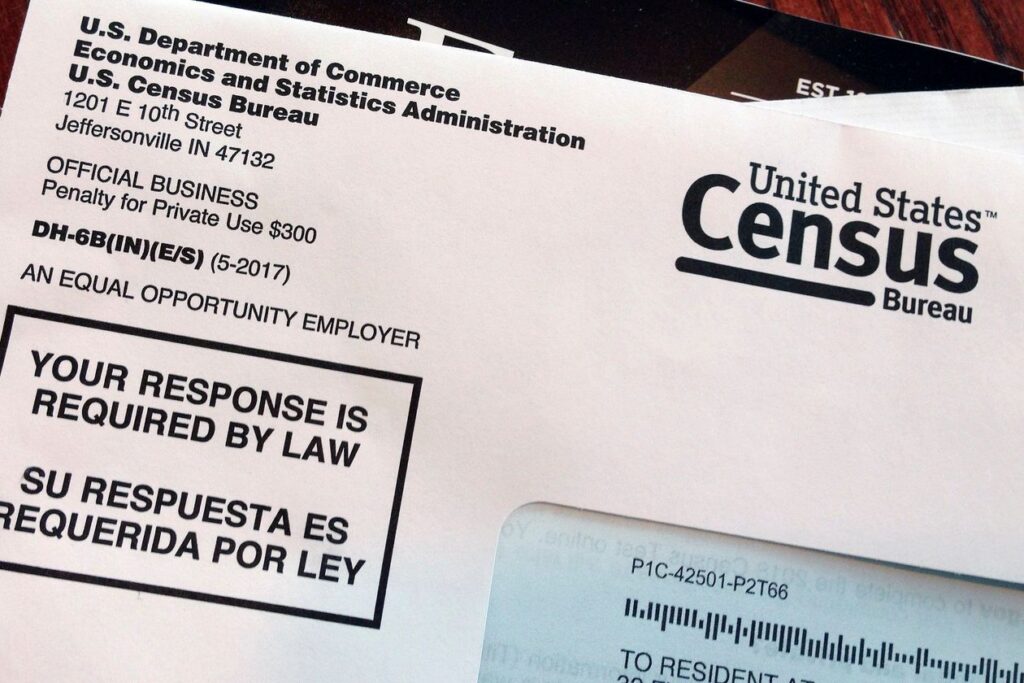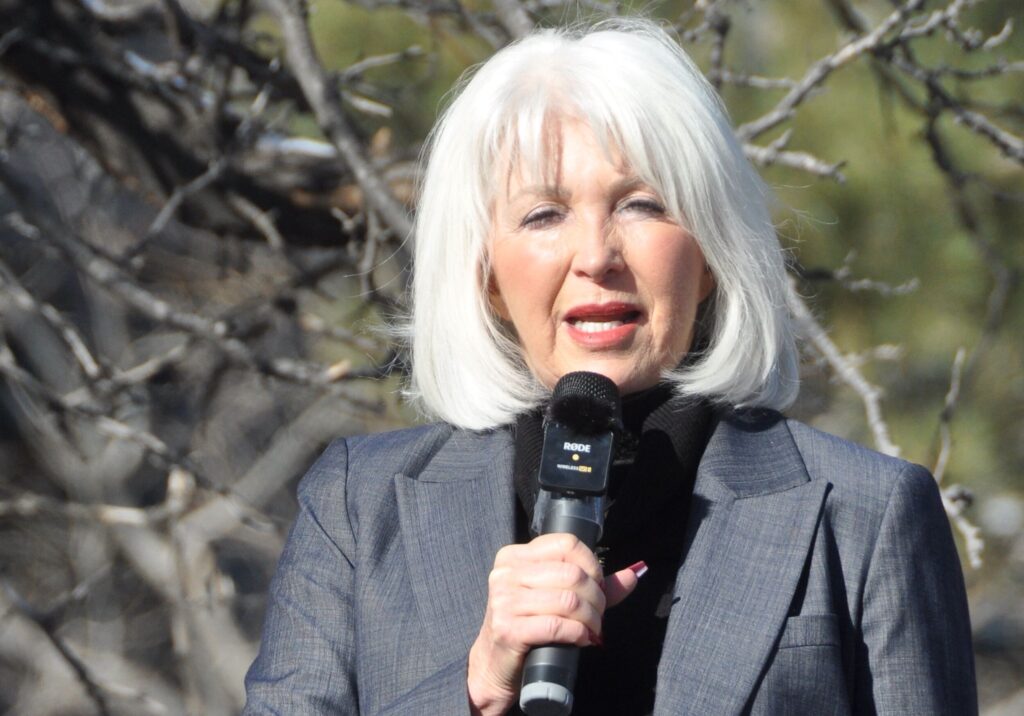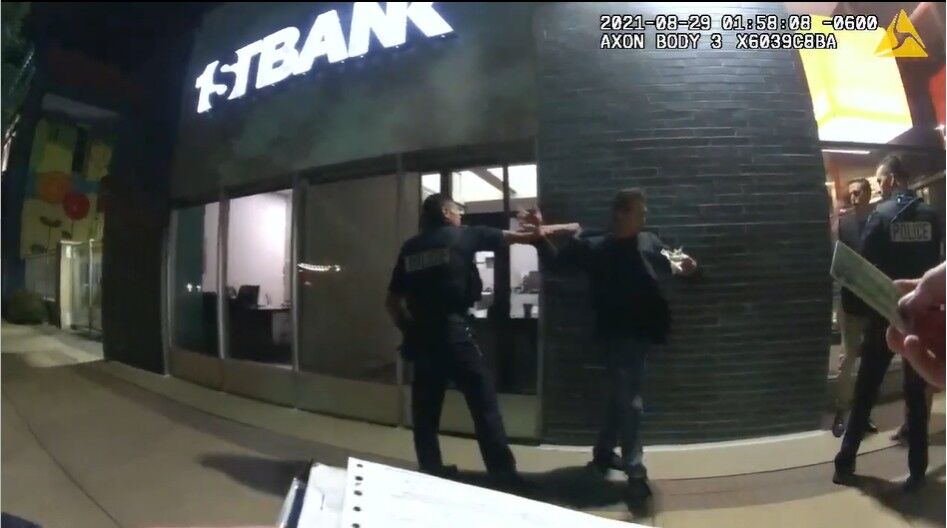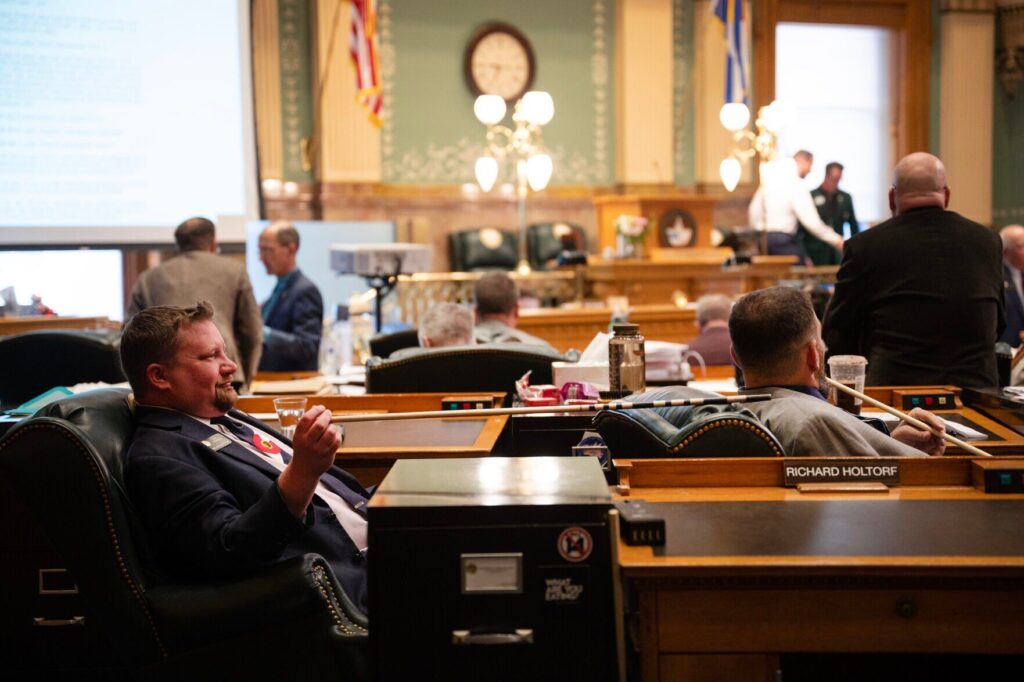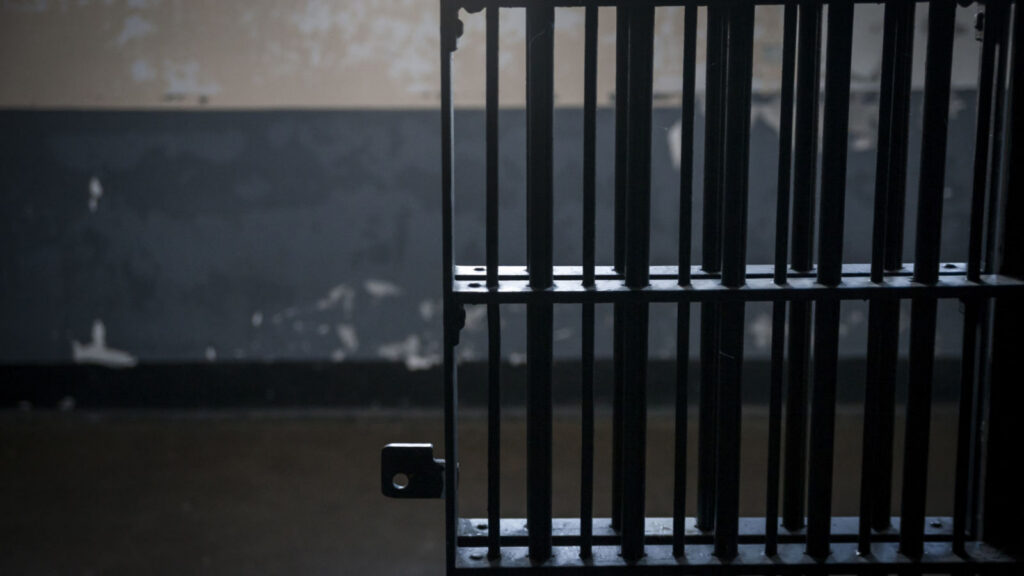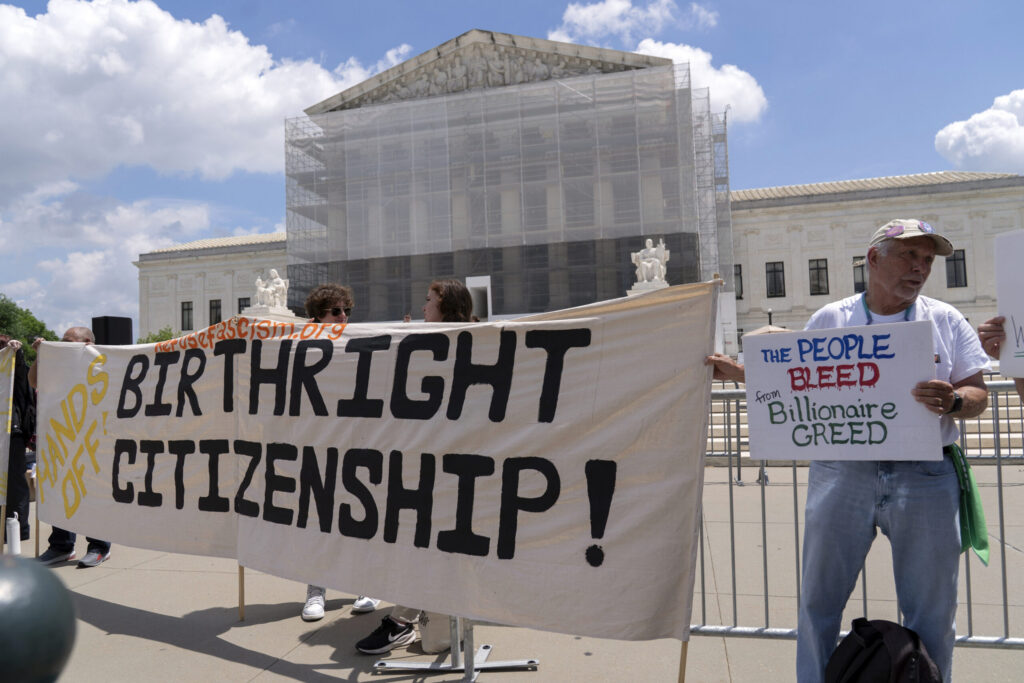Religious liberty bill fails; Denver chamber hopes it’s for good
The Denver Metro Chamber of Commerce is tired of debating doomed bills over religious liberty, and, moreover, chamber president and CEO Kelly Brough said arguing over it every year says the wrong thing about Colorado.
“The very dangerous and divisive message that comes with this bill is one of lack of respect for others,” she told a state House committee Wednesday afternoon. “It’s one of closed doors, rather than open doors, and it’s counter to what so Coloradans believe, which is that people and perspectives and problem-solving are more important than politics.”
She said other states have paid a high economic price for entertaining such legislation as House Bill 1013, which would keep the government from requiring anyone from doing anything that violates the person’s religious believes. Specifically, the bill addresses those who don’t want to serve lesbian, gay, bisexual and transgender people.
This marks the third year House Democrats have squashed the bill in the State, Veterans and Military Affairs Committee, referred to under the dome as the “kill committee.” The committee has six Democrats and three Republicans. This year’s bill died on a party-line voter after four hours of testimony.
Daniel Ramos, executive director of One Colorado, the state’s largest LGBTQ advocacy group, said he was pleased the committee “defeated this effort to give anyone permission to pick and choose which laws to follow, including laws that ban discrimination against lesbian, gay, bisexual, transgender and queer Coloradans and their families.”
The outcome was inevitable, but the topic gives both sides a large battlefield for ideological skirmishes.
“Increasingly state and private entities use the power of the courts to govern and infringe upon the religious conscience rights of citizens,” said Rep. Stephen Humphrey, a Republican from Severance who sponsored the bill. “The need for legislation protecting the free exercise of religious conscience can no longer be denied.
“The exponential expansion of court actions interfering with an individuals exercise of religious conscience is especially prevalent in cases involving small and family-owned businesses.”
He cited the case of Lakewood baker Jack Phillips, who refused to make a cake for a gay couple in 2012, which the state Civil Rights Commission and the courts have said was discrimination and ordered Phillips to change his policy.
The Colorado Supreme Court refused to take up the lower court’s ruling in June, and Phillips is trying to get the case before the U.S. Supreme Court with the backing of such groups as the Alliance Defending Freedom.
The bill’s co-sponsor, Republican Rep. Dave Williams of Colorado Springs, sought to use his experience as the student body president at the University of Colorado at Colorado Springs in 2009.
Williams was impeached after he refused to sign an otherwise legitimate request from a gay student group for $2,100 in student activity fees to fund a “coming out day” observance. Williams contended the event would go on automatically without his signature.
Williams could have vetoed the request. His impeachment hinged on a contention he was not objective in making his decision, which is required of student leaders deciding on the allocation of student activity fees.
“I simply did not want to be part of the proposal itself,” Williams said Wednesday. “I felt that it would mean I somehow condoned the message or lifestyle that they’re promoting.”
Williams said the legal and political turmoil he went through in 2009 would not have happened if his bill had been in place.
Rep. Joe Salazar, a Democrat from Thornton, didn’t buy Williams’ position. Salazar is a civil rights attorney who was allowed by the Democratic majority to ask questions Wednesday, even though he is not a member of the committee.
“What you want to do is you want to be able to do is protect a person’s right to discriminate against other people and use their religion as the reason the actions are being taken,” Salazar said to Williams.
“For example, I imagine LGBT students at the institution of higher learning that you were at paid student fees, and they pay tuition and I’m sure they pay into the student government through fees of one sort or another. And your action, as grounded in your religious belief, was that despite the fact that they pay fees like everyone else, you weren’t going to sign off on their request for fees like you would for everybody else.”
Legislators heard testimony about a wide range of possibilities in which the law could be used, including to deny service in restaurants, housing and admittance into private schools, as well as court precedent.
Jacki Cooper Melmed, chief legal counsel for Gov. John Hickenlooper, said a commitment to religious liberty is fundamental to the system of government and part of the state and U.S. constitutions, but it has to be in balance with other rights, including anti-discrimination laws.
“We believe this bill would upset that balance in order to grant religious liberty a special status, and that would tip the scales a little too far,” Cooper Melmed said.
Jenna Lewis, a constitutional lawyer at faculty member at Colorado Christian University, said the court’s rulings have not always followed the Constitution.
“The bill before you today seeks to restore a reasonable, logical and constitutionally viable method for the state of Colorado to better protect its citizens fundamental, inalienable rights,” she said.
Denver District Attorney Beth McCann said the religious rights are fundamental a and that she cherishes that right as a public official and private citizen.
“But that right cannot carelessly trump the rule of law,” she said. “The issue is simple, but proponents of this legislation seek to complicate and confuse: If you choose to provide public services, you cannot deny those services because you don’t like someone’s color of their skin, their national origin, their sex, or their sexual identity.”


